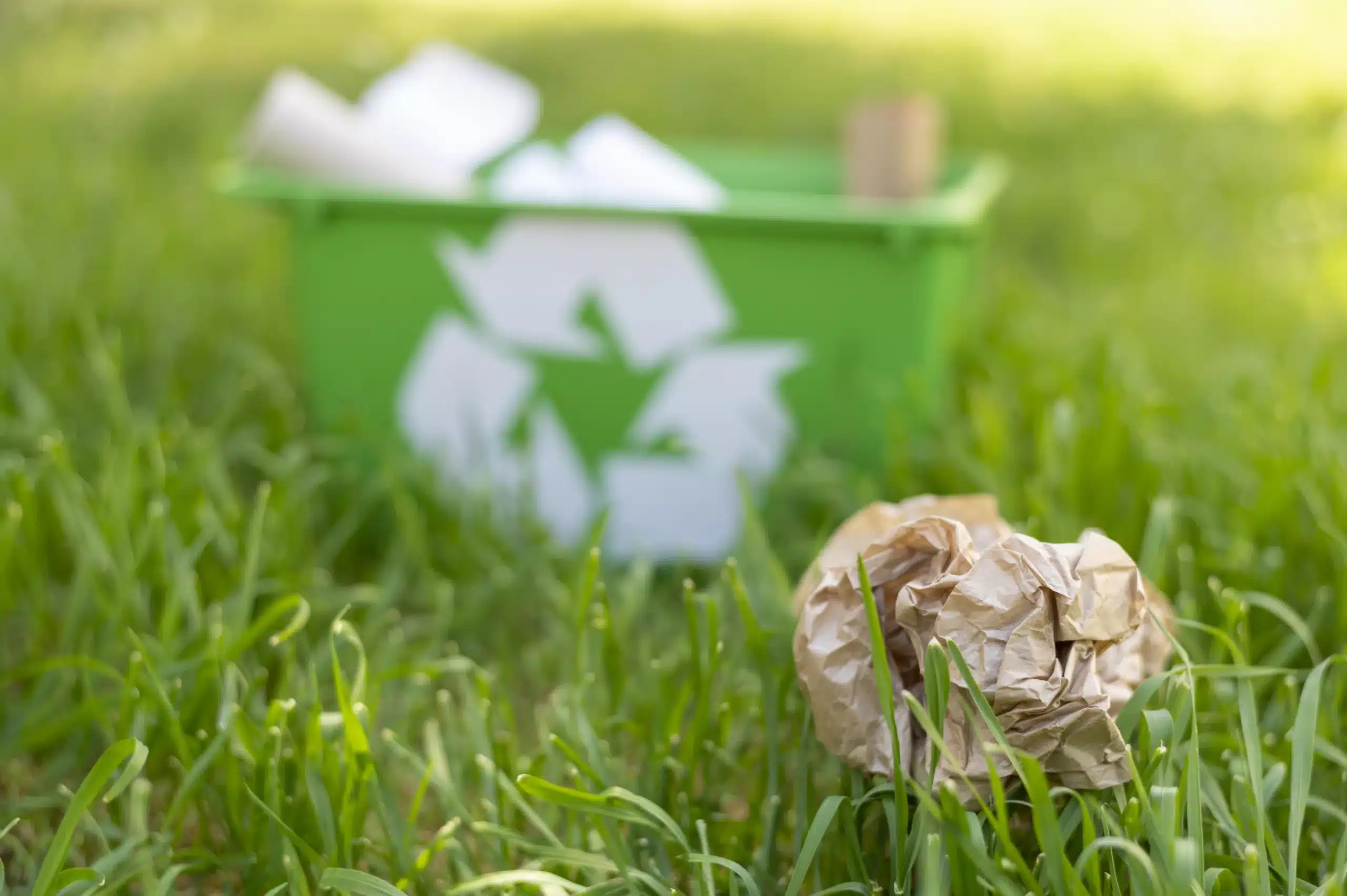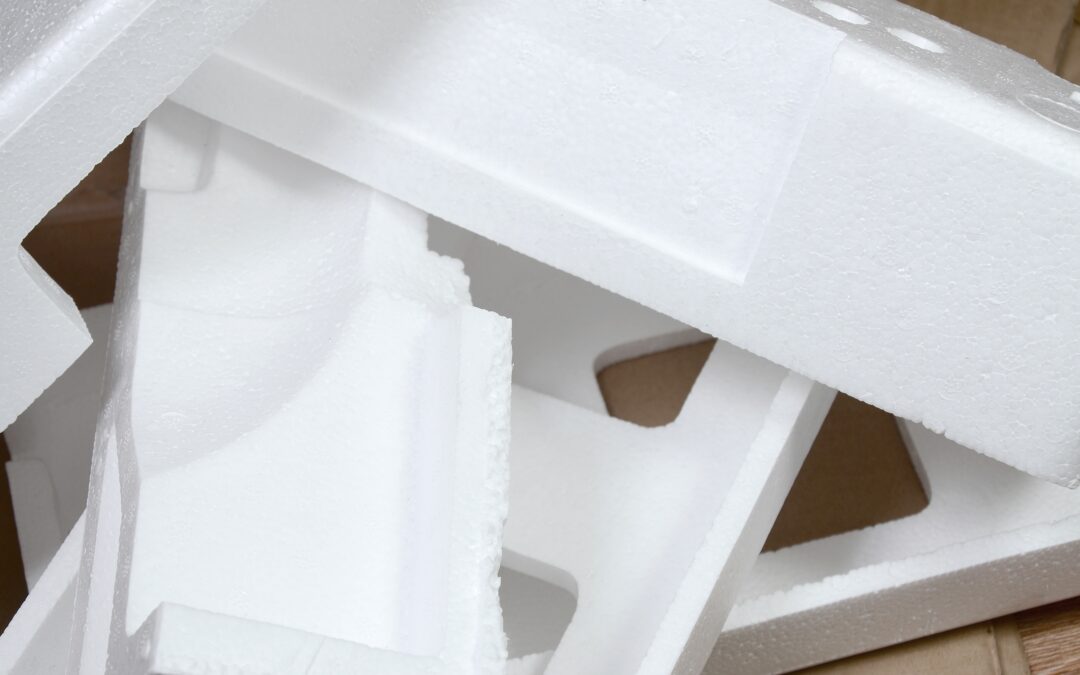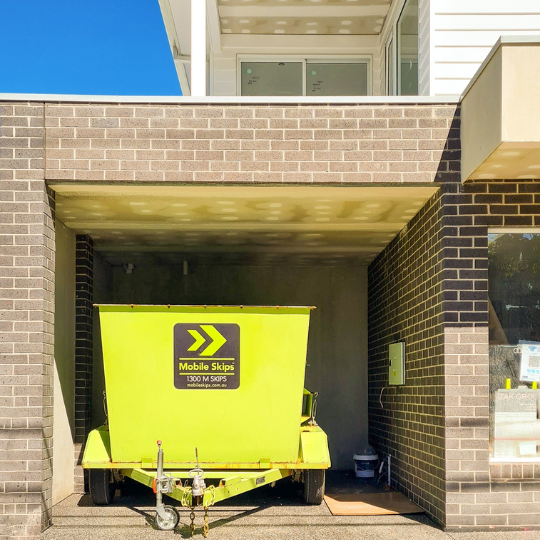The world is becoming increasingly aware of sustainability and it’s up to each of us to do our part for the environment. When you consider your garden waste, it’s important to understand how just throwing it in the bin puts a huge dent in sustainability efforts. Waste occupies space in landfill areas, leading to long-term environmental damage.
By recycling your garden waste, you can help make positive steps towards greener and more environmental initiatives. Garden materials such as grass clippings, tree branches, twigs and dead leaves can all be recycled into compost that can be used for local urban gardens, aquaponic systems and even regional parks across the region. Not only will recycling your garden waste save resources like water, but it will help protect our local environment from disease or other harmful materials that may slip into sewage systems and waterways with non-recycled items.
Various methods of green waste disposal
One of the most popular methods of green waste disposal is composting. It is a relatively easy, cost-effective way to reduce the amount of organic waste being sent to landfills. During composting, organic materials like food scraps and yard trimmings are broken down by microorganisms to produce a soil-like substance known as humus.
This humus can then be used as a natural fertilizer for gardens and landscaping. Composting also helps to reduce greenhouse gases such as methane that are produced in landfills when organic materials degas.
Recycling is another common method of green waste disposal. Organic materials such as lawn trimmings, foliage, woody debris and other vegetation can be collected and mulched into valuable products such as compost or fuel pellets for biofuel production.
Additionally, recycling paper, plastic containers and metals require less water than manufacturing products from virgin resources, which is good news for those concerned about water conservation. Recycling provides an opportunity to significantly reduce our use of non-renewable resources while providing individuals with a way to take active steps toward reducing their own environmental footprint.

Composting
Composting is a great way to get rid of green waste and reduce environmental impact. The process involves breaking down organic materials such as vegetable scraps, grass cuttings and leaves into a nutrient-rich soil amendment. Composted material can be used to improve soil fertility and structure for gardening or farming. Home composting systems are convenient options for people wanting to create their own compost pile at home; they usually consist of an enclosed bin with an airtight lid that helps to retain heat. To produce the best quality compost more quickly, adding dry leaves or twigs to the mixture will help with aeration and flow of oxygen.
Furthermore, commercial composting facilities provide green waste disposal services that involve physical processing such as shredding, grinding, screening and blending materials making them suitable for land application in agriculture or other soil improvement activities. Commercial operations may use mechanical equipment which reduces labor costs but overall the objective is the same – decompose organic waste into valuable fertilizer for plant growth. Composting not only reduces landfill bulk but also aids in creating healthier soils that increase crop yield.
Mulching

Mulching is an ideal way of green waste disposal. It is a sustainable method that involves grinding or chopping the green waste into small pieces and spreading it over garden beds. As a result, mulch acts like a natural fertilizer that helps retain moisture in the soil while providing essential nutrients to the plants. It keeps the soil moist longer, preserves its structure and prevents weeds from growing.
For those who cultivate their own vegetable gardens, mulching can be an effective solution as it encourages the healthy growth of vegetables without needing any chemical fertilizers or pesticide sprays. Moreover, mulching offers protection to new plantings from rain erosion, pests and diseases that may otherwise threaten the crops. With mulching your garden not only looks lush but also becomes healthier over time with better production from the land.
So if you wish to reuse your organic waste and bring in some environmental savings then do consider mulching for your yard!
Recycling of Green Waste
Green waste recycling is an important element of sustainable landscaping. Not only does it reduce the amount of organic materials going to landfills, but it also helps to create nutrient-rich humus for gardening and farming activities. Recycling paper, plastics and metals can also help conserve water and lessen our dependence on non-renewable resources. In addition, mulching green waste offers a variety of benefits for both the environment and gardeners. By using green waste recycling, we can work towards creating a greener landscape that is not only healthy for the environment but also produces healthier crops.
Reusing green waste can also help minimize your environmental impact. Waste-to-energy facilities are able to convert organic materials into energy, thereby reducing the use of non-renewable resources. Furthermore, this process reduces the amount of greenhouse gases released into the atmosphere, making it an effective method for reducing global climate change. Many businesses and organizations have taken up waste-to-energy initiatives as part of their commitment to environmental sustainability.
Proper recycling requires the separation and separate disposal of waste and green waste so that authorities can effectively follow the recycling process. Green waste can be recycled by decomposing it and converting it into organic matter. However, if the waste is mixed with non-recyclable waste, authorities are unable to do so.
Mobile Skips offers waste disposal services, which include taking waste to the landfill and ensuring proper disposal. Our objective is to support a sustainable environment by responsibly disposing and recycling waste. By being conscientious about waste disposal, we can collaborate to create a more favourable environment. One effective method for waste management is the use of skip bins, which are waste disposal units maintained by professionals. Your responsibility is to dispose of waste properly in the designated containers.

What is recycling and waste management?
Recycling is a key part of waste management that focuses on converting waste into useful materials or products. The objective of this effort is to reduce the need for raw materials as well as divert trash away from landfills. Recycling not only reduces pressure on natural resources but also improves energy utilization efficiency, reduces pollution related to burning fossil fuels, and allows us to save money due to reduced production costs associated with using recycled materials instead of new ones. It helps create jobs as well as encourage responsible consumption and production habits amongst citizens. Through such measures, we can all join hands together in our efforts towards promoting a greener and healthier planet for generations to come.
Waste management and recycling are critical practices for preserving a sustainable environment. Waste management is the collection, transportation, processing, and disposal of waste materials. This activity prevents waste from becoming permanently disposed of by finding alternative methods to reuse or recycle them. When properly handled, these activities help reduce the amount of solid garbage that lands in landfills.
Why is properly disposing of green waste important?
Responsible green waste disposal is essential for ensuring a healthy and sustainable world. When handled improperly, green waste can cause severe environmental problems such as water and soil pollution, unpleasant odours, and even harm wildlife. To counter these hazardous consequences, it’s important to dispose of green waste responsibly. This includes avoiding dumping it in landfills where it can create harmful methane emissions or using biodegradable products when possible.
In addition to helping reduce pollutants in our environment, responsible green waste disposal has the potential to help reduce greenhouse gas emissions. In fact, by properly composting organic matter instead of throwing it away we can potentially reduce global warming through different strategies that minimize carbon output as well as capture and store additional CO2 from the atmosphere. Moreover, recycling also helps lessen energy demands associated with producing plastic packaging from raw materials or burning fuel-based sources like coal or oil to generate electricity. Ultimately, responsible green waste disposal is paramount if we are truly committed to living a more sustainable lifestyle and mitigating the effects of climate change.
When it comes to preserving a healthy and sustainable environment, the importance of green waste recycling cannot be overstated. From diverting waste away from landfills to reducing energy demands associated with producing plastic packaging, there are countless benefits green waste recycling offers. Moreover, it can also reduce our dependence on fossil fuels as well as help capture and store additional CO2 from the atmosphere.
Summary
The importance of green waste recycling in sustainable landscaping cannot be overstated. Not only can it help reduce pollutants in the environment, but it can also help mitigate the effects of climate change. Properly disposing of green waste is essential for ensuring a healthy and sustainable world and should be taken seriously if we want to create a greener planet for generations to come. Through proper waste management strategies like recycling, composting, and reuse, we can all join hands together in striving for a sustainable future.






